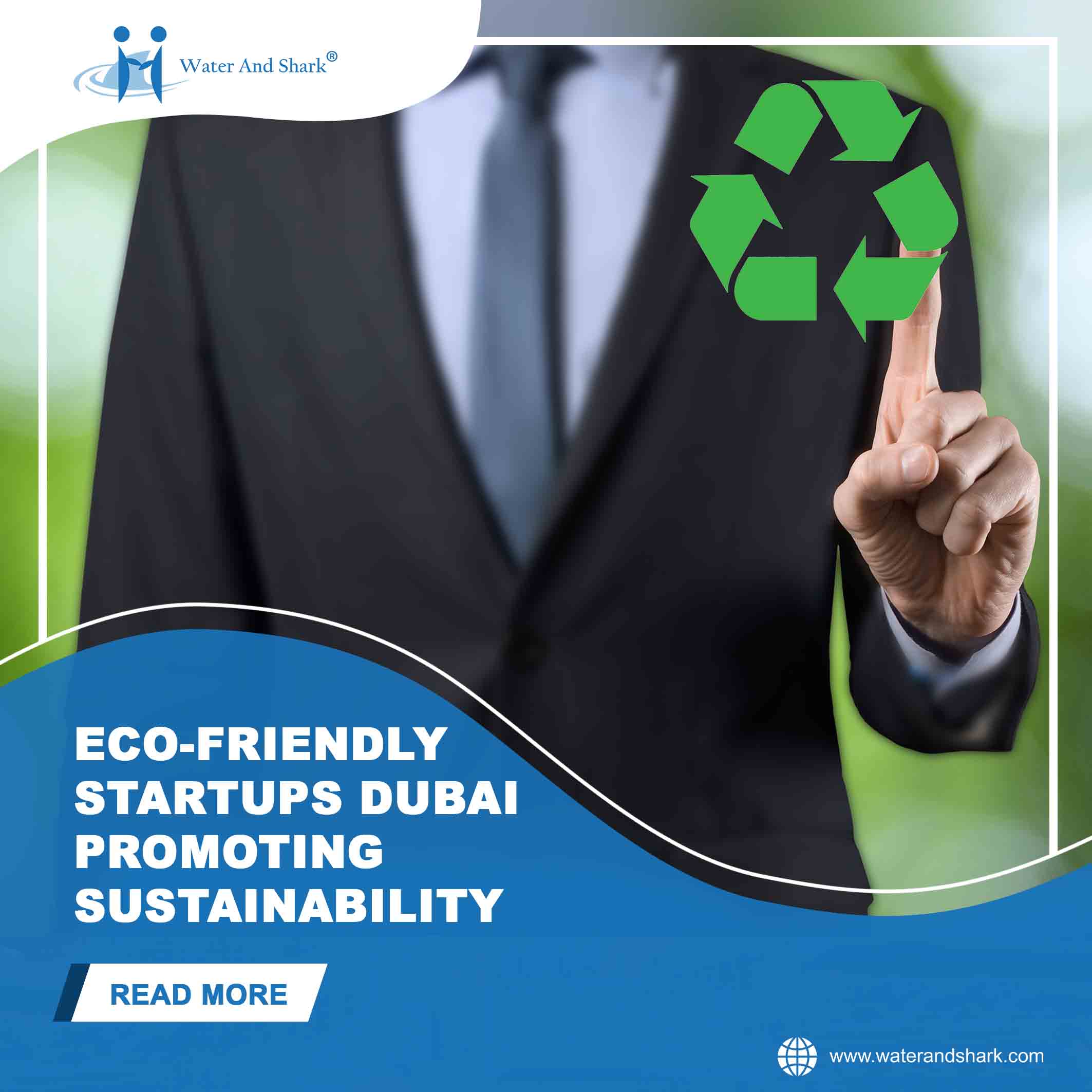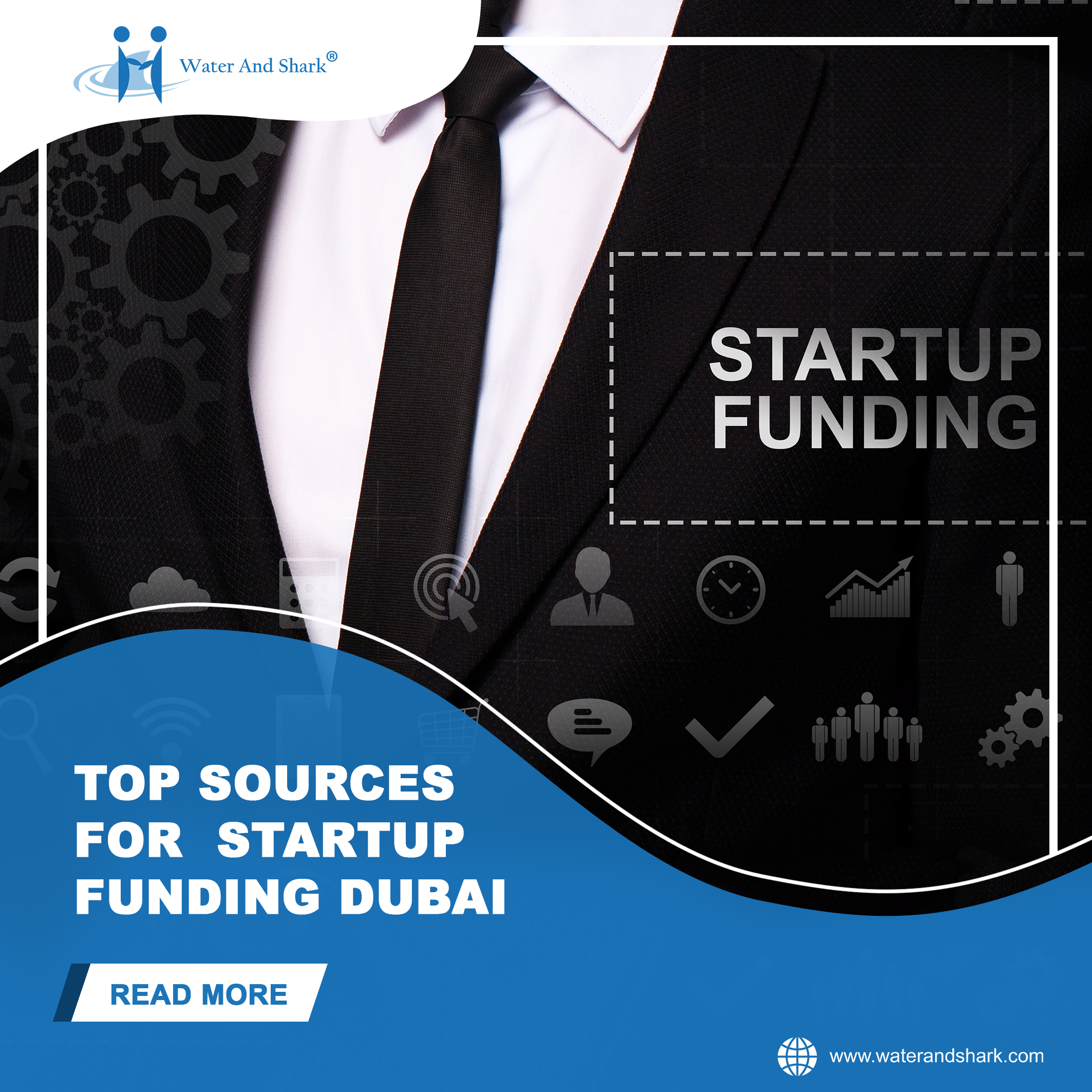Saudi Arabia's Gold Rush: 30 Years of Tax Exemption Opens Door for Foreign HQs
January 10, 2024 waterandshark
Get ready for a game-changer! Saudi Arabia has unveiled a revolutionary incentive program: a 30-year tax exemption for foreign companies establishing their regional headquarters (RHQs) in the kingdom. This comprehensive tax break eliminates both corporate income tax and withholding tax on approved activities, making Saudi Arabia a highly attractive destination for global businesses.
Jump right in:
The Golden Opportunity: Understanding the Tax Break for Regional HQs
Unlocking Benefits: Why Saudi Arabia is Your Ideal MENA Hub
Beyond Money: What Else Awaits Your Business in Saudi Arabia
Ready to Make Your Move? Expert Guidance for Seamless HQ Setup
FAQs: Your Questions Answered about Saudi Arabia's Tax Incentive
The Golden Opportunity: Understanding the Tax Break for Regional HQs
Imagine saying goodbye to corporate income and withholding taxes for three decades! This is the reality for approved foreign companies setting up their RHQ in Saudi Arabia. This translates to significant cost savings, boosting your bottom line and fueling your expansion potential. But the benefits extend far beyond mere tax exemption:
- Simplified Processes: Get ready for streamlined procedures and dedicated support from government authorities to ensure a smooth HQ setup.
- Strategic Location: Tap into Saudi Arabia's central position and robust infrastructure, connecting you to a flourishing MENA market.
- Growing Economy: Be part of Saudi Arabia's ambitious economic transformation, capitalizing on its rapid growth and diverse opportunities.
- Exciting Projects: Get involved in mega events like the 2029 Asian Winter Games and Expo 2030, adding prestige to your brand.
Unlocking Benefits: Make Saudi Arabia Your Gateway to MENA Riches
Forget about geographical limitations. With an RHQ in Saudi Arabia, you gain access to the booming MENA region, brimming with 400 million consumers and a combined GDP of over $6 trillion. This is your chance to:
- Expand Your Reach: Gain unparalleled access to lucrative markets across the Middle East and North Africa.
- Diversify Your Portfolio: Explore untapped sectors like tourism, renewable energy, and logistics, fueling your future growth.
- Build Strategic Partnerships: Connect with local businesses and government entities, creating a strong network for regional success.
- Enhance Your Brand Reputation: Associate your brand with a dynamic and progressive nation, boosting your image across MENA.
Beyond Money: Discover More Than Tax Savings in Saudi Arabia
While the tax break is a clear headliner, Saudi Arabia offers more than just financial advantages. You'll also discover:
- A Talented Workforce: Access a skilled and educated workforce, including a growing pool of English speakers.
- Improved Quality of Life: Benefit from a vibrant culture, modern infrastructure, and a rapidly developing entertainment scene.
- Political Stability: Enjoy a safe and secure environment with a clear vision for future development.
- Commitment to Sustainability: Partner with a nation actively investing in renewable energy and environmental initiatives.
Ready to Make Your Move? Navigate the HQ Setup with Expert Guidance
Setting up an RHQ can be complex, but you don't have to go it alone. Seek the expertise of seasoned professionals like Water and Shark Middle East, who can help you:
- Navigate Regulations: Ensure compliance with all local laws and regulations, avoiding administrative hurdles.
- Secure Licenses and Permits: Obtain the necessary approvals and licenses for your specific business operations.
- Find the Perfect Location: Choose the ideal region and office space for your RHQ based on your industry and needs.
- Connect with Talent: Access resources and support to build your local team and manage staffing challenges.
FAQs: Your Questions Answered about Saudi Arabia's Tax Incentive
1. What types of activities qualify for the tax exemption?
The prescribed activities for a Regional Headquarters (RHQ) in Saudi Arabia involve strategic direction, regional strategy formulation, financial review, and business coordination. Optional activities include sales, HR, finance, legal, R&D, and more. Companies must start some optional activities within a year of getting the RHQ License from MISA.
2. Does the tax exemption apply to existing regional headquarters in Saudi Arabia?
Effective from January 1, 2024, the tax exemption is applicable to all the existing foreign companies that possess an RHQ license.
3. How can I find out more information about the program and application process?
For additional information with respect to the program and application process, you can get in touch with our professionals at Water and Shark Middle East to ensure compliance with all the legal and tax laws of the region.
4. Are there any other taxes or fees that foreign companies will still be liable for?
Various taxes, including Social Insurance Tax, Real Estate Transaction Tax (RETT), payroll taxes, customs duties, Value-Added Tax (VAT), excise tax, and withholding taxes on payments made by Saudi residents to non-residents, are part of the taxation landscape in Saudi Arabia for businesses.
5. What happens if my company makes a loss during the tax-exempt period?
In cases where a company incurs a loss, they can carry forward those approved losses to the following year, offsetting them against taxable profits up to the allowable amount. These Tax Losses carried forward can be used to reduce the Taxable Person’s income in the Tax Period by a maximum of 75% of that Taxable Income.
6. What types of support does the Saudi Arabian government offer to companies setting up regional headquarters?
Companies in Saudi Arabia receive a 10-year exemption from "Saudization," extended spousal work permits, and an increased dependent age limit to 25. There's also a waiver of professional accreditation rules, accelerated visa issuance, and comprehensive end-to-end services for business and personal needs.
7. What are the visa and work permit requirements for foreign employees at RHQs?
Companies aiming to set up a Regional Headquarters in Saudi Arabia must provide a detailed business plan, showcase the strategic importance of Saudi Arabia as a regional hub, meet regulatory criteria, and apply through designated government agencies, following a documentation submission and assessment process.
8. What are the cultural and business norms that I should be aware of when operating in Saudi Arabia?
Arabic is main language, English widely spoken. Islam shapes life; Sunni has majority and Shia communities. Daily prayers, Ramadan fasting are considered important. Expatriates follow fasting rules. Other religions have city-based places of worship for expatriates, showing religious diversity.
9. What are the logistics of importing goods and equipment for my RHQ?
To import goods into Saudi Arabia, it is important to secure an import license and register with SAGIA. Prepare key documents like the commercial invoice, packing list, and bill of lading. Adhere to local customs rules and pay necessary duties and taxes.It is also necesaay to find trustworthy importers by vetting their reputation, track record, licensing, and accreditation status.
10. What are the other benefits of doing business in Saudi Arabia besides the tax exemption?
Besides tax incentives, Saudi Arabia offers a business-friendly environment with streamlined regulations, efficient processes, and solid infrastructure. This supports smoother operations and encourages investment across diverse sectors like finance, technology, logistics, and manufacturing.
11. How can I build relationships with local businesses and partners in Saudi Arabia?
Begin by networking at local events and trade shows, respecting cultural norms, and utilizing local business platforms. Engage through social media, seek referrals, and invest time in face-to-face meetings to build trust. Prioritize long-term relationships based on trust and mutual benefit.
12. What are the potential challenges of doing business in Saudi Arabia?
These challenges include high unemployment levels pervasive corruption and lack of accountability and transparency; bloated public sectors with state-owned enterprises that crowd out the development of private enterprise and investment; low levels of enterprise creation; and, for a number of countries, a high dependence on fuel and food imports generating extensive exposure to commodity price volatility.
13. How can I ensure my company adheres to ethical and sustainable practices in Saudi Arabia?
Ensure compliance with local laws and maintain transparency. Partner with ethical suppliers, prioritize environmentally responsible practices, and engage with local communities through CSR initiatives. Continuously review and improve your company's practices to make a positive impact.





Comment